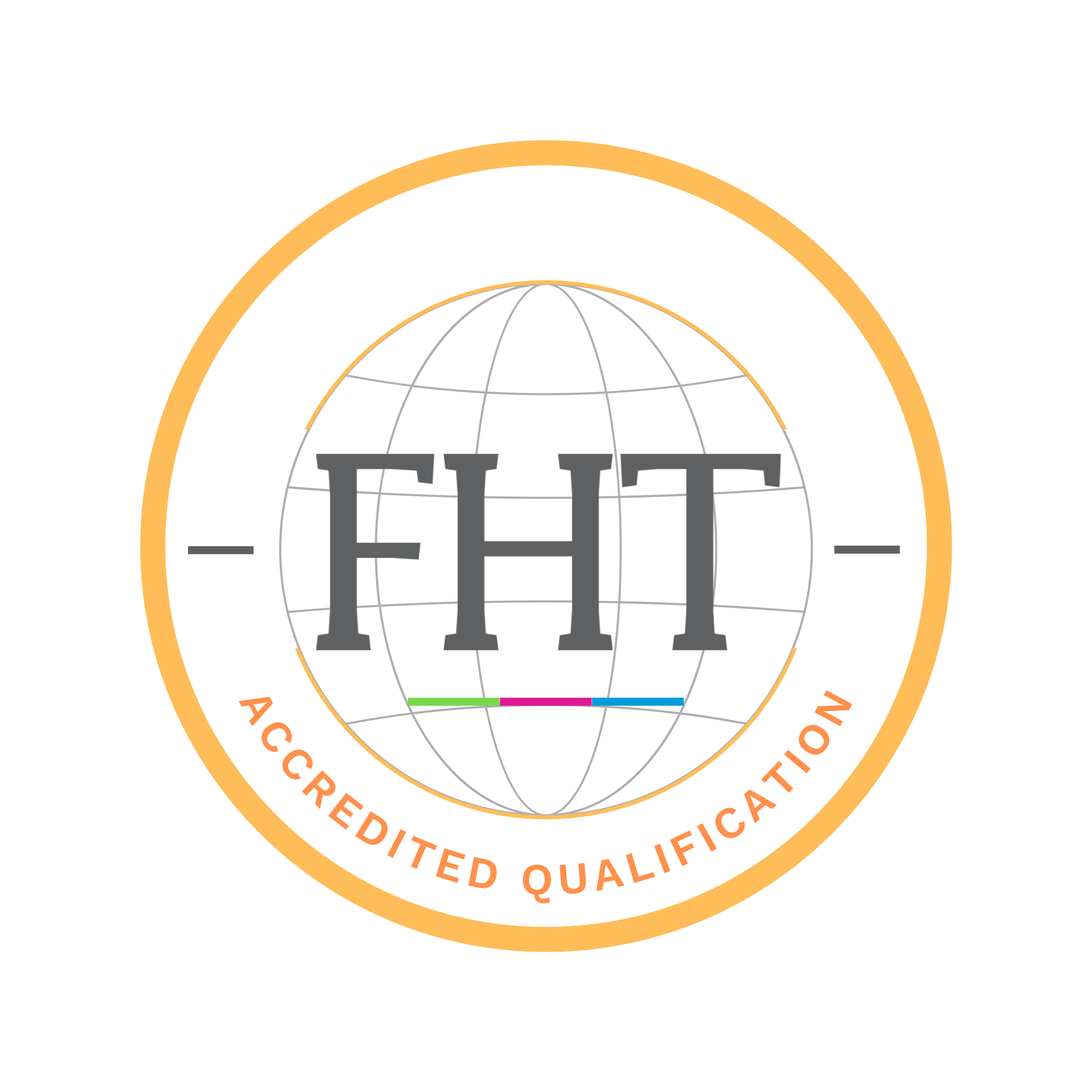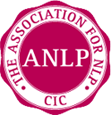You have 3 formats to watch your lectures in:
1) Part (WMV video) – This format will work with both PC and Mac and is the best format to use if watching lectures directly form your computer.
2) MP3 audio – This format is the audio (sound) content only as is useful for students who want to listen to lectures from portable devices such as iPods.
3) MP4 video – If you have a modern Smart Phone such as an iPhone or portable device such as a iPad or iTouch then you can watch lectures on them via this format.
Downloading Lectures: Right click on one of the MP4 video or MP3 images. A drop down menu box should appear from which you need to select ‘Save Target as….’ OR ‘Save Link as….’. Another box should appear prompting you to save the file to a location on your computer.
Note: download speeds will vary according to your own internet service provider, traffic and number of users/students accessing files to download. Files can be as large as 400 MB which could take between 5 minutes and an hour to download depending on your broadband speed. To see how big a file is just hover the mouse cursor over the file and a box will appear displaying the size or right click and select properties.
Streaming lectures: You can stream video by left clicking on one of the MP4 or MP3 images. Your default video player will then load and begin playing the part within 5 – 30 seconds depending on your broadband speed. You can also jump to different points within the lecture by clicking on the time line depending on your operating system, web browser and default media player. For example Windows 7 with Internet Explorer 9 and Window Media Player 11 or above will allow streaming and moving along the timeline.
Note: The ability to effectively stream will depend on how many students are using the line.
Recommended Media Player: We would recommend that you use ‘VLC Media player’ when viewing MP4 video files which can be downloaded for free for both PC’s and MAC’s. You can download this media player from – www.videolan.org/vlc/index.html
If you have any technical difficulties accessing the online lectures then please contact info@cnelm.co.uk or call +44 (0) 1189 798686.
















